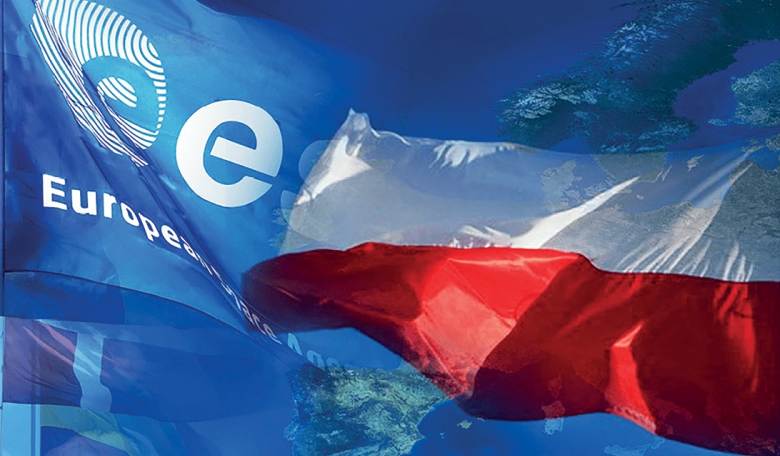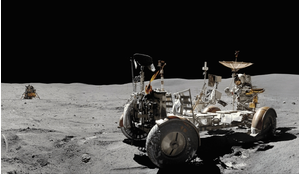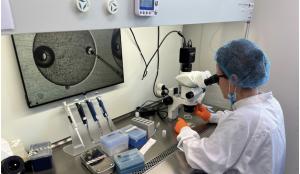Reaching for the impossible is a Polish characteristic and this holds true for the nation’s space projects, where many ‘impossible’ concepts have already become fully operational. Undertaking space in a country where there is no space law, no space ports and limited financial resource, and where a space agency has been operating for just three years, sounds like an impossible mission. And maybe that is the main reason why it is actually happening.
Poland’s space adventure began when the country’s first research device was sent into orbit onboard the satellite Kopernik-500 (Interkosmos-9) in 1973 as part of the Interkosmos programme in collaboration with the Soviet Union.
The oldest and most notable Polish space institution is the Space Research Centre (SRC) of the Polish Academy of Sciences, founded in 1977, whose activity has been fully dedicated to research into terrestrial space, the solar system and Earth using space technology and satellites. Research and engineering groups of the SRC have set up over 60 instruments and participated in experiments on more than 50 international space missions.














